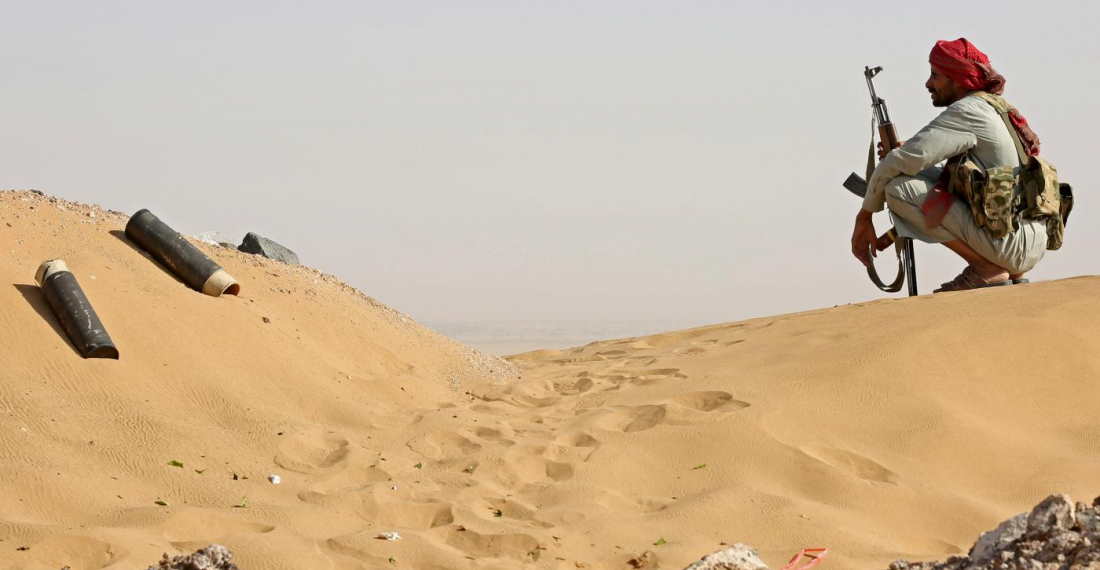The sides in the conflict in Yemen have agreed to extend their truce until October 2nd while also committing to engage in intensive talks aimed at a larger truce agreement, the UN said on Monday.
The UN special envoy for Yemen Hans Grundberg expressed his gratitude for the support from Saudi Arabia, Oman, and the UN Security Council.
He also thanked the leadership of the Yemeni sides for agreeing to extend the truce and “their continued constructive engagements.”
In a statement, Grundberg said the truce extension provided an opportunity to pivot toward long-lasting, sustainable peace with a nationwide ceasefire, adding that both parties had given him “substantive comments” on a proposal he had drafted for an expanded truce agreement.
“The expanded truce proposal would provide for reaching an agreement on a transparent and effective disbursement mechanism for the regular payment of civil servant salaries and civilian pensions, the opening of roads in Taiz and other governorates, opening additional destinations to and from Sana’a International Airport, and providing fuel and its regular flow of fuel to the ports of Hodeidah,” he said.
“An expanded agreement would also provide an opportunity to negotiate a nationwide ceasefire, humanitarian and economic issues, and to prepare for the resumption of the Yemeni-led political process under UN auspices to reach a sustainable and just peace.”
It is the second renewal of the UN-brokered two-month truce, which came into effect on April 2 and was renewed for the first time in June.
The truce has been hailed for the subsequent drastic reduction in hostilities and civilian casualties, along with the resumption of commercial flights from Sanaa airport.
However, the Iran-backed Houthis continue to reject a UN proposal to reopen the roads around Taiz governorate, which has been under siege for over seven years.
Grundberg said: “The main objective of the current truce continues to be to provide tangible relief to civilians and create a conducive environment for reaching a peaceful settlement to the conflict through a comprehensive political process.
“It is also important to make progress on opening roads in Taiz and other governorates to facilitate the freedom of movement of millions of Yemeni women, men and children, and goods. The people of Taiz and across Yemen deserve for the truce to deliver for them in all its aspects.”
He called on all parties to meet their commitments and implement the truce in its entirety and put Yemen back on a peaceful path.






